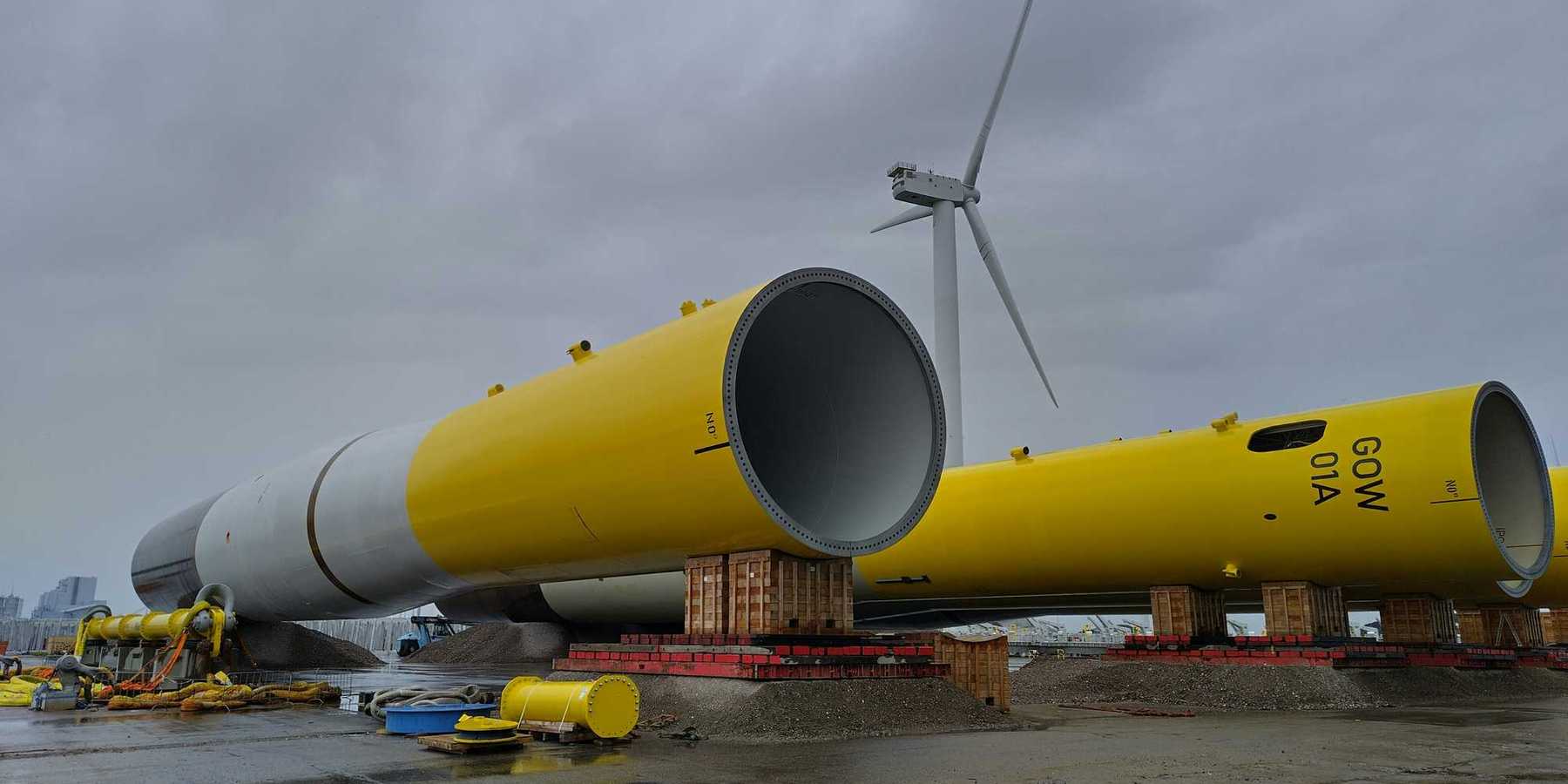Colorado's clean energy claims face scrutiny over emissions data
Colorado's oil and gas industry claims to produce some of the cleanest hydrocarbons in the world, but questions remain about the validity of these assertions and their impact on local communities.
Jennifer Oldham reports for Capital & Main.
In short:
- Colorado's oil and gas industry asserts it exceeds greenhouse gas reduction goals, but data verification is challenging.
- Environmentalists argue that despite emission reductions, oil and gas production still significantly impacts air quality and public health.
- Critics highlight the industry's influence in legislative decisions, pushing back against measures to phase out fossil fuel drilling.
Key quote:
“What we need is a transformation to a clean energy system — it’s not enough to make fossil fuel production marginally less polluting.”
— Kathy Mulvey, climate accountability campaign director, Union of Concerned Scientists
Why this matters:
Colorado's hydrocarbon production boasts a relatively lower carbon footprint compared to global standards. Critics remain unconvinced, however. Environmental advocates and community activists point to potential gaps in regulatory enforcement and the real-world effectiveness of touted technologies. Concerns about air quality, water contamination, and the overall health impact on nearby communities persist. Residents in areas close to drilling sites report a higher incidence of respiratory issues and other health problems, sparking debates about the true cost of Colorado's hydrocarbon production.













